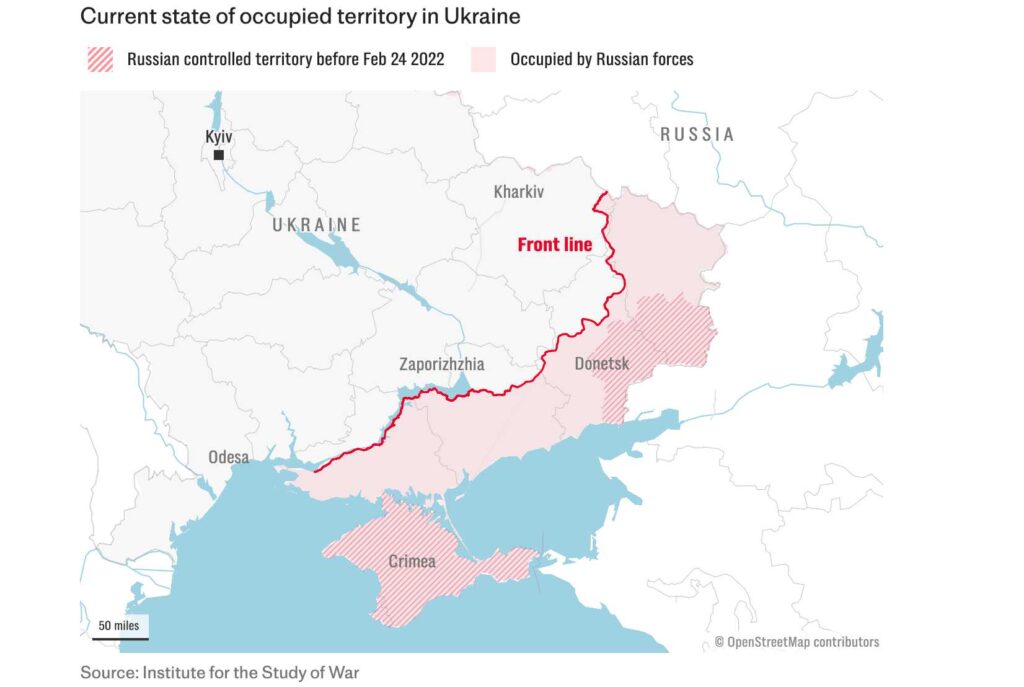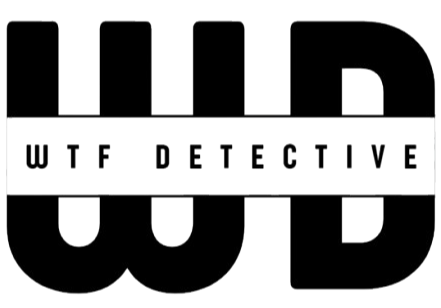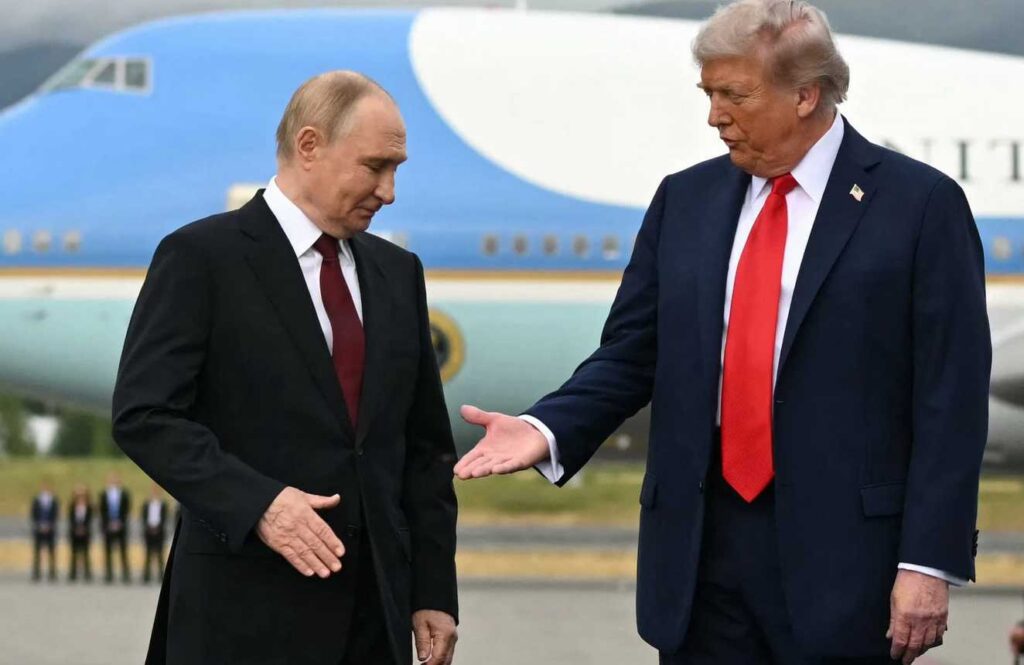The United States is preparing to formally acknowledge Russia’s authority over Crimea and several other Ukrainian territories it occupies as part of a broader push to secure a deal that would bring the war to an end.
According to information obtained by The Telegraph, Donald Trump has dispatched his peace envoy Steve Witkoff along with his son-in-law Jared Kushner to Moscow with a direct proposal for Vladimir Putin.
The idea of recognising those territories, which would represent a major break from long-standing US diplomatic policy, appears set to move forward even as Ukraine’s European partners express serious concerns.
One senior source remarked: “It’s increasingly clear the Americans don’t care about the European position. They say the Europeans can do whatever they want.”
On Thursday, Russia’s president stated that Washington’s official recognition of Crimea and the Donetsk and Luhansk regions as Russian would be a central factor in negotiations involving the US president’s peace initiative.
The Kremlin confirmed on Friday that it had received a revised framework for ending the conflict, drafted after urgent consultations between American and Ukrainian representatives in Geneva last weekend.
The initial 28-point plan created by Mr Witkoff following conversations with Russian officials included America’s “de facto” recognition of Crimea and the two eastern regions in the Donbas.
It also suggested “de facto” recognition of Russian-controlled territory beyond the line of contact inside Ukraine’s Kherson and Zaporizhzhia regions once a ceasefire takes effect.
During the Geneva discussions, Ukrainian and American officials put together a new 19-point proposal that offers Moscow fewer concessions.

However, multiple individuals familiar with the talks say that elements involving territorial recognition have still been kept in the plan.
Kyiv itself would not be compelled to acknowledge Russia’s jurisdiction over the territories Moscow has illegally annexed since 2014. Ukraine’s constitution prevents any leader or government from handing over land without submitting the matter to voters in a nationwide referendum.
Andriy Yermak, chief of staff to the Ukrainian president, and Rustem Umerov, his national security adviser, were expected to travel to Florida this weekend for meetings with US officials at Mr Trump’s Mar-a-Lago property.
In a fresh interview with The Atlantic, Mr Yermak, who led negotiations on the new peace outline, stressed: “Not a single sane person today would sign a document to give up territory.
“As long as Zelensky is president, no one should count on us giving up territory. He will not sign away territory.
“The constitution prohibits this. Nobody can do that unless they want to go against the Ukrainian constitution and the Ukrainian people.”
The newest version of the plan leaves several of the most sensitive topics—including any eventual territorial compromises—open for resolution only after direct conversations between Mr Zelensky and Mr Trump.
The Ukrainian president has not yet announced when he intends to travel to Washington or Florida for a meeting with his American counterpart.
Washington’s reported willingness to recognise Russian-held land has caused unease among European nations, which have consistently opposed any agreement that validates territory taken by force.
Following a recent gathering of the coalition of the willing, its leaders reiterated: “They were clear on the principle that borders must not be changed by force. This remains one of the fundamental principles for preserving stability and peace in Europe and beyond.”
A European alternative to the original 28-point proposal did not include any recommendation to recognise Russia’s territorial claims. Instead, it stated: “Territorial issues will be discussed and resolved after a full and unconditional ceasefire.”
The US and Europe have until now refused to acknowledge Russia’s claim to Crimea, the peninsula Putin seized illegally in 2014.
Recognising Moscow’s hold over the region would represent a significant departure from American diplomatic norms, effectively granting legitimacy to territory taken by an aggressor.
In a new national security strategy released by the Kremlin, Putin pledges to fully integrate occupied parts of Ukraine into Russia’s system within the next ten years.
Moscow announced that it had annexed Donetsk, Luhansk, Kherson and Zaporizhzhia in September 2022, despite never having conquered these regions in their entirety.
The Kremlin’s continuing determination to assert authority over these oblasts illustrates that Putin has not entertained the idea of making concessions after nearly four years of devastating war.
These new disclosures will deepen European fears that Washington may pressure Kyiv into a deal viewed as far from ideal.
Recently leaked phone recordings revealed that Mr Trump’s top negotiator, Mr Witkoff, had advised Russian representatives on how best to appeal to the White House. The leaked exchanges referenced the expectation that Ukraine would relinquish Donetsk.
Experts in open-source intelligence believe a European agency may have leaked the material in an effort to highlight the rapidly developing ties between the presidential aide and the Kremlin.


